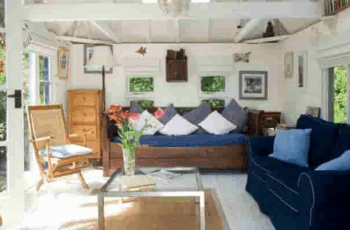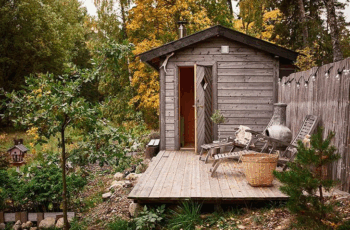
So you’re thinking about ditching the usual noise and jumping into off-grid living. That’s not just a lifestyle shift—it’s a commitment to a different rhythm of life, one that’s quieter, more deliberate, and often more fulfilling. Picture a cozy cabin nestled in the woods, no city lights, no constant hum of traffic—just you, nature, and the systems you build to make it all work.
Finding the right piece of land isn’t just about the view, though that helps. You’ve got to think about the climate. Cold spots demand thicker insulation and reliable heat, while warm zones make passive cooling a must. And you can’t overlook water—if there’s a spring or stream on the property, great. If not, you’ll need to catch rain or dig a well. No matter what, sunlight is your best friend here. The more sun you get, the easier it is to power everything with solar. But it’s not just the sun. Access is key too. Remote sounds dreamy, until it’s winter and the truck can’t get up the hill. And yes, rules still exist out there. Local laws might have something to say about where you build and how.
Now once you’ve got the land, the fun starts—designing your cabin. Most folks realize fast that bigger isn’t better. Smaller cabins are cheaper to keep warm, easier to maintain, and just make sense when you’re trying to simplify. Use local timber if you can. Stone and clay? Even better for keeping things steady through the seasons. Windows aren’t just for looking out—they’re heat collectors in winter and light bringers all year. Thoughtful placement matters more than fancy finishes.
Power is where it gets real. Solar is the go-to, of course, but don’t just throw up panels and hope for the best. Figure out how much energy you’ll really need—lights, tools, maybe a fridge—and size the system right. Battery storage is essential, unless you enjoy reading by candlelight on cloudy days. Wind and water can also pull their weight if conditions are right. And don’t feel bad about keeping a backup generator in the shed. It’s insurance, not failure.
Water’s got to come from somewhere. Wells are great if you can afford them. Rainwater catchment systems work surprisingly well too, especially with a decent filter setup. The less glamorous side? Waste. Composting toilets have come a long way—they’re efficient and way less gross than you’d expect. For greywater, rerouting sink and shower runoff to water plants or filter beds makes sense and reduces your footprint.
Heating your space without flipping a switch takes a little planning. Wood stoves still reign supreme—they’re reliable, cozy, and the fuel might be right outside your door. Good insulation is what makes that stove work smarter. On the flip side, cooling in hotter areas means designing for air flow. Big trees, deep eaves, clever window placement—these all help. Even partially sinking the structure into the ground can stabilize the temperature year-round.
You’ll also need to think about how you’ll store and cook food. No fridge? No problem. Root cellars are classic for a reason—they work. Solar fridges are a great off-grid upgrade, but even a well-insulated cooler can keep things fresh. Cooking? Wood stoves double as ovens, and solar ovens can handle the job when the weather cooperates. Rocket stoves are awesome too—small, efficient, and super easy to build.
Now let’s talk about building the thing. If you’re handy and patient, doing it yourself is possible and deeply satisfying. You’ll learn a ton, save money, and build exactly what you want. But let’s be honest—some stuff like electrical or plumbing might be best left to pros, especially if you’re dealing with solar systems or water filtration. There’s no shame in calling in help where it counts.
Putting up a cabin and going off-grid isn’t a weekend project. It’s a big step into a different way of being. It takes planning, effort, and the kind of patience that modern life doesn’t often require. But once you get there—once you build something that works for you, that keeps you warm, safe, and comfortable—you’ll understand why so many folks are making the leap. It’s not about running away from the world. It’s about choosing how you want to live in it.


